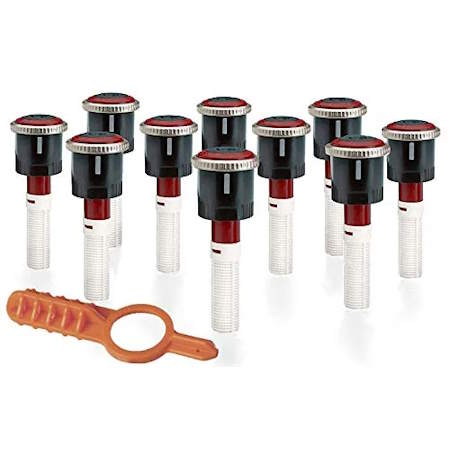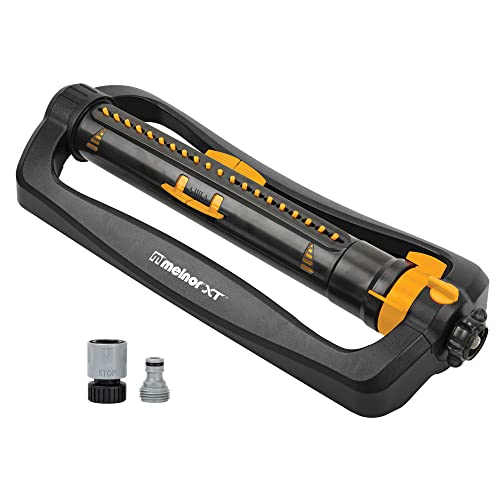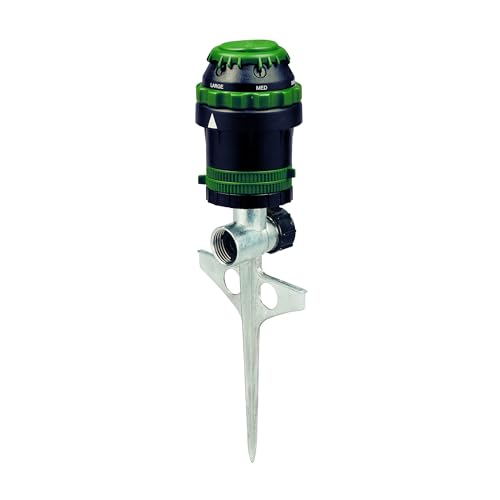Which lawn sprinkler layout is best? Lawn experts have their say on the square vs triangle debate
I spoke to irrigation and lawn experts about which sprinkler layout is best
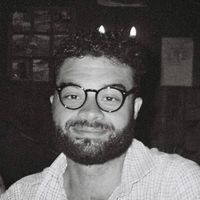
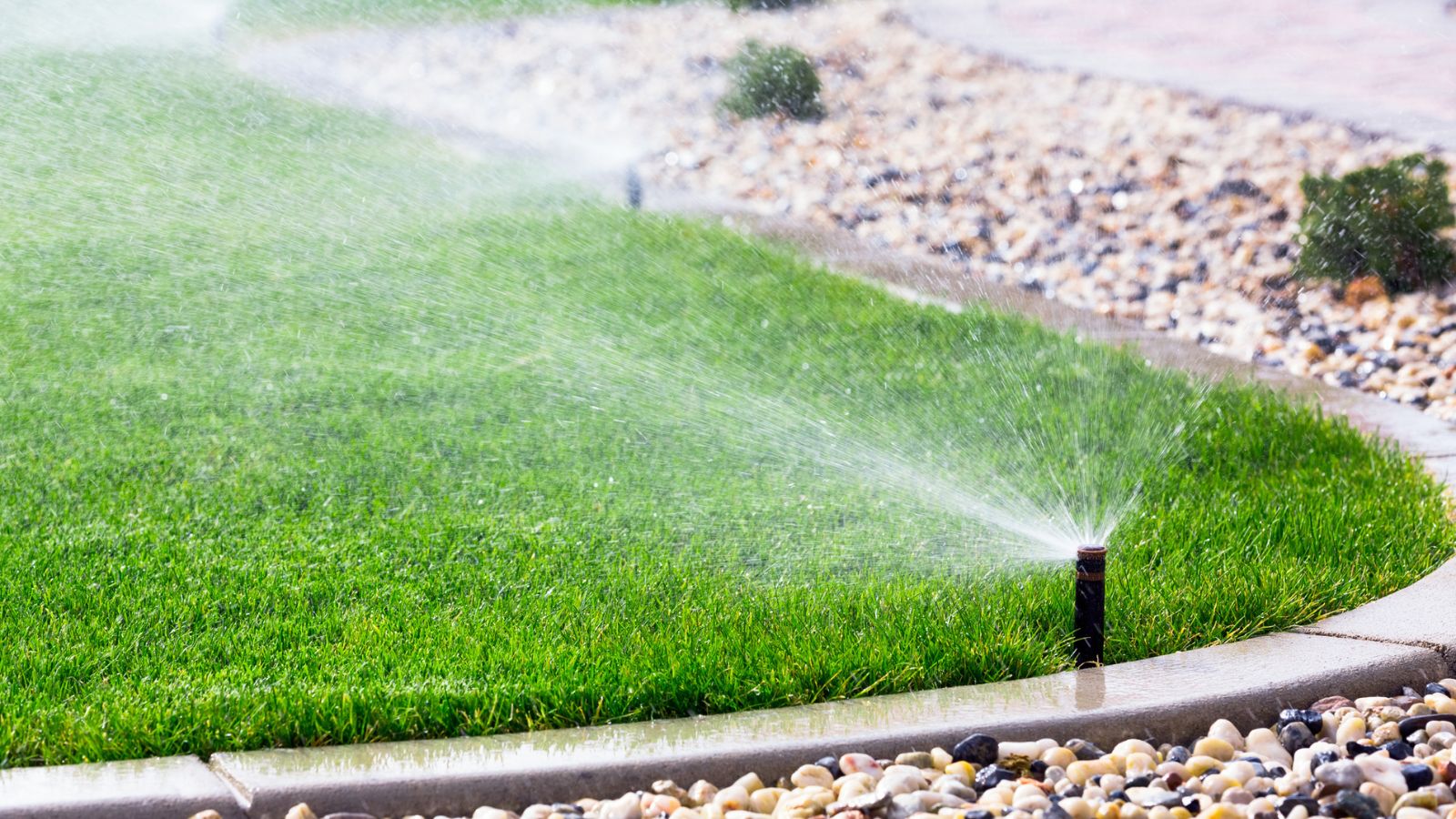
Design expertise in your inbox – from inspiring decorating ideas and beautiful celebrity homes to practical gardening advice and shopping round-ups.
You are now subscribed
Your newsletter sign-up was successful
Want to add more newsletters?

Twice a week
Homes&Gardens
The ultimate interior design resource from the world's leading experts - discover inspiring decorating ideas, color scheming know-how, garden inspiration and shopping expertise.

Once a week
In The Loop from Next In Design
Members of the Next in Design Circle will receive In the Loop, our weekly email filled with trade news, names to know and spotlight moments. Together we’re building a brighter design future.

Twice a week
Cucina
Whether you’re passionate about hosting exquisite dinners, experimenting with culinary trends, or perfecting your kitchen's design with timeless elegance and innovative functionality, this newsletter is here to inspire
Some gardeners fixate on their flowerbeds; others are totally obsessed with lawn care.
If you want perfect grass, you may be considering installing a sprinkler system to keep your lawn looking its best. However, there's a lot of jargon out there, and fiery debates about which sprinkler layout is best - square or triangle.
I spoke to irrigation and lawn care experts about all the best ways to lay out an irrigation system, so you can achieve a perfect lawn.

What are head-to-head sprinklers?
Before you get into the ins and outs of square and triangle patterns, the basic layout to aim for is a head-to-head layout. Lawn expert Ryan Walts told me: 'This type of layout means that the end of the throw, or arc, from one head physically reaches the next head in your pattern and that the end of the throw or arc from that head reaches back to the first.
It sounds like overkill, but Ryan assured me that this is crucial. 'In setting up a head-to-head layout, you achieve what is known as ‘double coverage,' he said. ‘Double coverage is necessary to ensure proper and even irrigation application over the lawn’s surface.'
This is because an individual sprinkler doesn't emit an even jet. Because of the nature of throwing water across a distance, less water travels to the end of a jet of water than the base. This means that the grass at the base of a sprinkler can be twice as wet as the grass at the end of the jet. However, if you double up on the sprinklers aimed at the end of a jet, you ensure even water coverage between every sprinkler head in your layout.
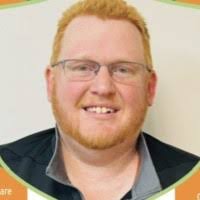
Ryan is a turf expert with years of experience managing grass for golf courses. He is now a training manager at Lawn Squad, teaching franchisees how to run their own lawncare businesses.
How do I make a head-to-head sprinkler system?
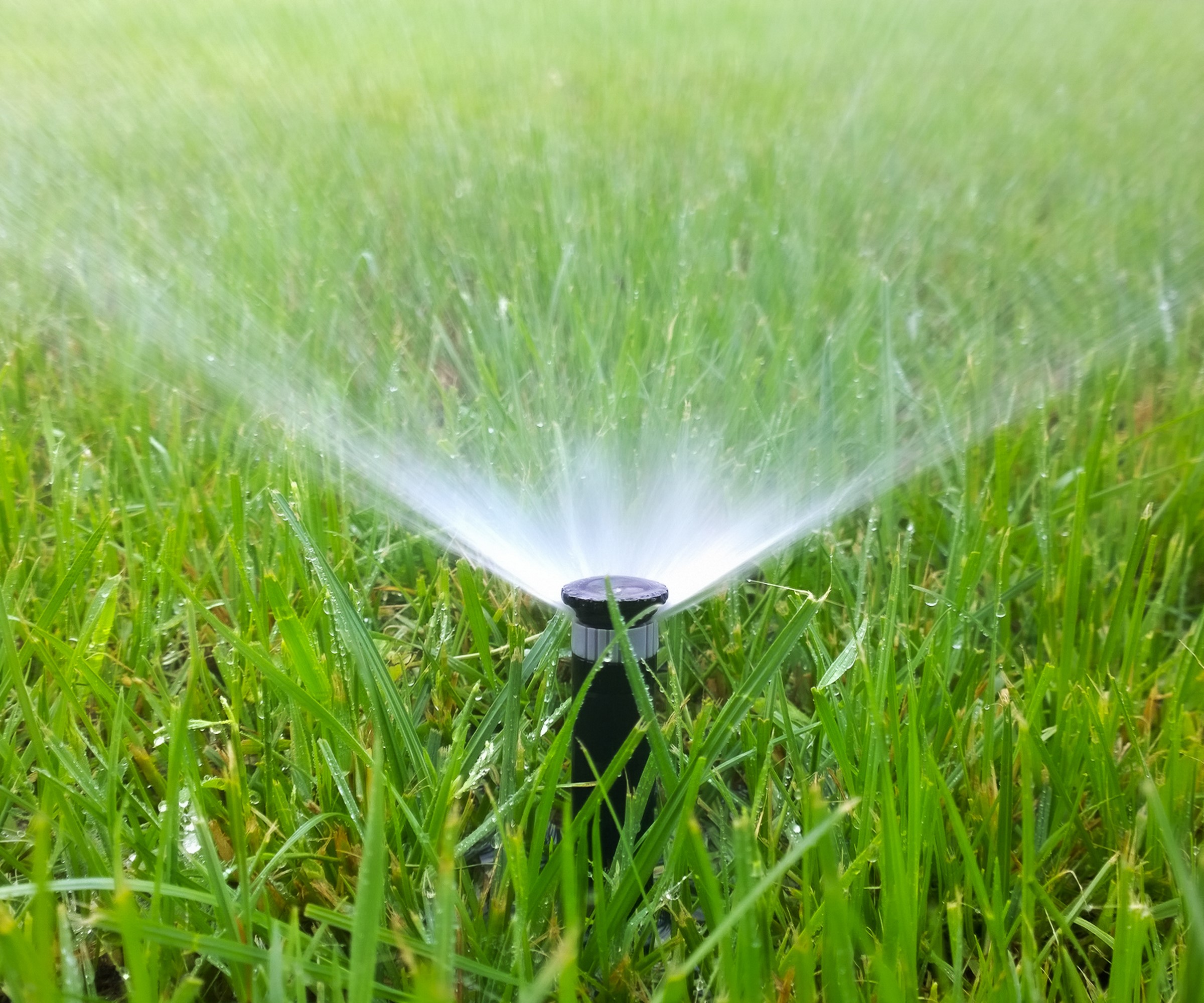
Irrigation expert Kody Ketterling told me that the best way to achieve head-to-head coverage is to make sure that the spray from each sprinkler reaches the nearest sprinkler in the system. In fact, Kody says: 'We always recommend that you allow 2-4 feet of over coverage or spray so that if the pressure goes down you will still have coverage.'
Design expertise in your inbox – from inspiring decorating ideas and beautiful celebrity homes to practical gardening advice and shopping round-ups.
If you can, he advises that you make sure every area of your lawn is covered by at least two sprinklers. 'As I always say, it's better to have more coverage than not enough. It is easier to eliminate a sprinkler than to add sprinklers,' adds Kody.
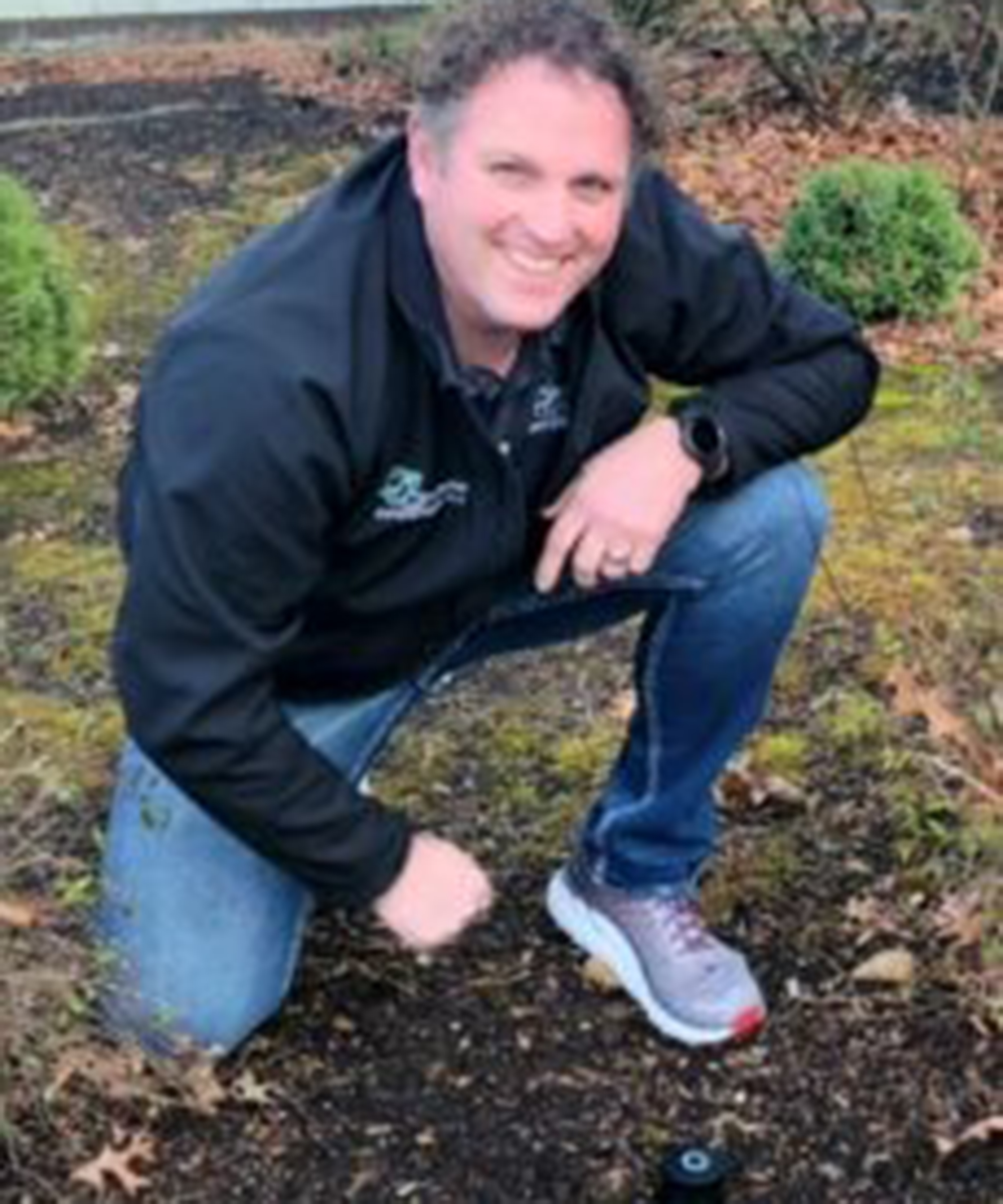
Kody is the founder and CEO of K-IT Products, a company that makes sprinkler systems and other irrigation products.
What's the best sprinkler layout - square or triangle?

There are two ways to achieve this head-to-head coverage - square and triangle patterns. Square patterns are laid out in a simple straight-line grid, whereas triangle patterns are laid out in a triangular grid. The easiest way to understand it is to think of it as the difference between square dot paper and isometric dot paper.
Both systems have different pros and cons. Lawn expert Ryan says that square layouts are the most common, saying: 'In most cases, a square irrigation pattern is best used in a residential setting. Home lawns tend to be situated on square plots of land, making a square pattern much easier to plan and install.' Triangle layouts are notoriously tricky to lay out, so a square layout is often the cheapest, easiest option.
However, not every lawn is square. 'For wedge or triangular-shaped areas of lawns, a triangular pattern may provide a better fit and be a more efficient use of irrigation water,' says Ryan. 'What's more, triangle layouts are more efficient, because you can cover the same area with fewer sprinkler heads.'
Which sprinkler head should I use?

No one sprinkler head is best, and it depends a lot on local conditions. Lawn expert Kody said that there are a few questions to ask yourself before you pick out your sprinkler head.
You need to do some research to see if the head is water-efficient. Can it save water? You need to look into the sprinkler's throw, to see if it covers the area you need it to cover - you don't want to buy a sprinkler that can't handle the size of your yard. You even need to consider if you'll be running the sprinkler off clean water or dirty recycled water, as the latter can be filled with debris which some sprinkler systems can't handle.
With that said, Kody recommends an MP rotary head for most systems. 'I like the MP nozzle because it has 4-5 streams that come out of the nozzle; this allows it to put water down in four areas at a time, which will precipitate better and increase your coverage.' On top of that, they're easy to use.
Sprinkler FAQs
Why isn't my sprinkler working?
There are several reasons why your sprinkler may not be working, but the most common issue is easy to fix. You may have dirt blocking the holes in your sprinkler stopping the water from flowing.
For more help with sprinklers, take a look at our guide about when it's antisocial to use a sprinkler.

As a gardens and lifestyle contributor, Alex makes sure readers find the right information to help them make the best purchase. Alex got his start in reviewing at the iconic Good Housekeeping Institute, testing a wide range of household products and appliances. He then moved to BBC Gardeners’ World Magazine, assessing gardening tools, machinery, and wildlife products.
